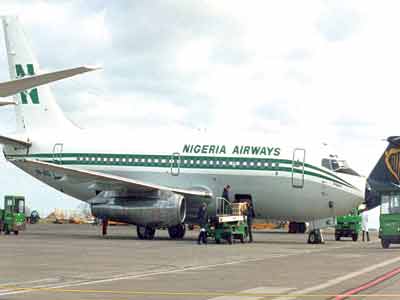
In a significant move to boost aviation cooperation, Nigeria and the United Arab Emirates (UAE) have signed an amended Bilateral Air Services Agreement (BASA) while flag carriers Emirates Airlines and Nigeria’s Air Peace sealed a major interline partnership. The agreements, finalized during the ICAO Global Implementation Support Symposium (GISS) 2025 in Abu Dhabi, aim to transform air connectivity between the two nations and position Nigeria as a regional aviation hub.
Nigeria’s Minister of Aviation and Aerospace Development, Festus Keyamo, and UAE Minister of Economy Abdulla Bin Touq Al Marri inked the updated BASA, which expands codeshare opportunities and prioritizes technical collaboration in safety, security, and airport operations. The pact underscores mutual commitments to elevate Nigeria’s aviation infrastructure through UAE expertise, while fostering economic and tourism ties.
Under the new interline agreement, Emirates passengers flying from Dubai to Lagos can now seamlessly connect to 13 Nigerian cities via Air Peace’s domestic network. Key destinations include Asaba, Akure, Benin, Calabar, Enugu, Ilorin, Kaduna, Owerri, Kano, Uyo, Port Harcourt, and Warri. The partnership enables single-ticket bookings, unified baggage handling, and streamlined transfers, offering travelers—especially corporate clients and diaspora visitors—direct access to business hubs and regional destinations.

Emirates’ Deputy President, Adnan Kazim, emphasized the deal as a leap forward in connectivity: “This collaboration opens doors for leisure, family, and business travelers, linking Dubai to Nigeria’s underserved regions.” Air Peace’s COO, Oluwatoyin Olajide, echoed the sentiment, stating, “This partnership aligns with our vision to elevate Nigeria’s global aviation standing. It simplifies travel for Nigerians and positions our country as a pivotal hub for regional and international transit.”
Once operational, passengers can book Emirates flights originating from any of the 13 Nigerian cities, with Air Peace providing feeder services to Lagos for international connections. The BASA amendments further pave the way for deeper alliances, including potential codeshare deals that would integrate flight networks and schedules between the two carriers.
The agreements mark a turning point for Nigeria’s aviation sector, long hampered by infrastructure gaps and limited international partnerships. By leveraging Emirates’ global reach and Air Peace’s domestic dominance, the deal promises to stimulate tourism, trade, and investment while setting a template for African airlines to forge strategic ties with global giants.
With these frameworks in place, Nigeria and the UAE aim to unlock a new era of frictionless air travel, benefiting millions of passengers and reshaping West Africa’s aviation landscape.






